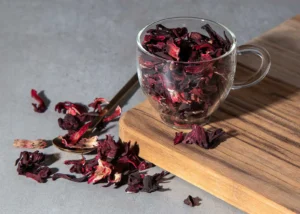Green tea’s got a way of quietly winning people over. Maybe it’s the soothing aroma, the layered flavors, or just the way it makes you feel after a good cup—refreshed, calm, a little more in sync.
What’s wild is how many incredible green tea brands are out there, each with its own story, traditions, and personality packed into every leaf.
I’ve spent years exploring the world of tea—from small, historic shops in Kyoto to innovative blends in Brooklyn cafés.
If you’re curious about some of the most exceptional green tea options across the globe, I’ve rounded up the ones that really stand out—not just for flavor, but for the care and culture behind them. Let’s get into it.
1. Ippodo Tea (Japan)
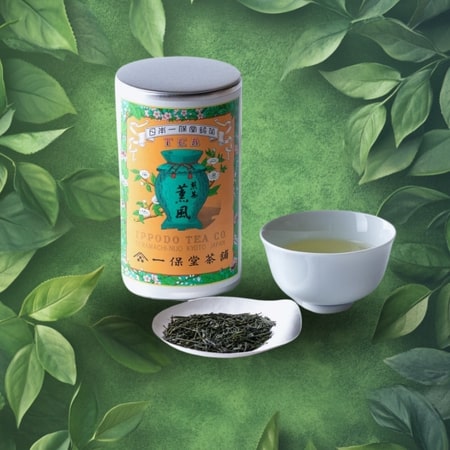
Folks who have roamed the quaint streets of Kyoto might have stumbled upon Ippodo Tea. Operating for over three centuries, the company has poured dedication into its craft.
From energizing matcha to soothing sencha, the variety stands out for bright flavors and a silky texture.
One of their standout products, Ummon Matcha, reveals an earthy and creamy character. Stir it into hot water, and it effortlessly blends into a velvety brew without gritty residue.
A personal tip: Consider whisking it in a ceramic bowl the traditional way, if only for a moment of ritualistic calm during a hectic day.
2. O’Sulloc Tea (South Korea)
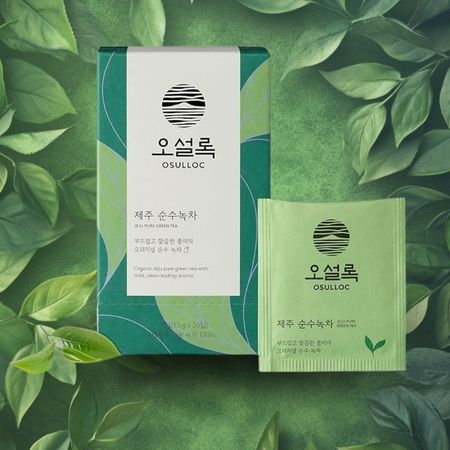
Anyone longing for a Korean green tea fix might look toward O’Sulloc Tea. Founded in 1979, it thrives on the lush terroir of Jeju Island. The soil there is famous for lending a special depth and purity to tea leaves.
One of its prized offerings, Sejak green tea, gets picked in late April, which gives it a mild sweetness plus a subtle savory finish. Savor a cup on a slow afternoon and imagine the gentle Jeju breezes drifting by.
In many ways, it reflects a renewed enthusiasm for Korean tea traditions.
3. Ahmad Tea (United Kingdom)
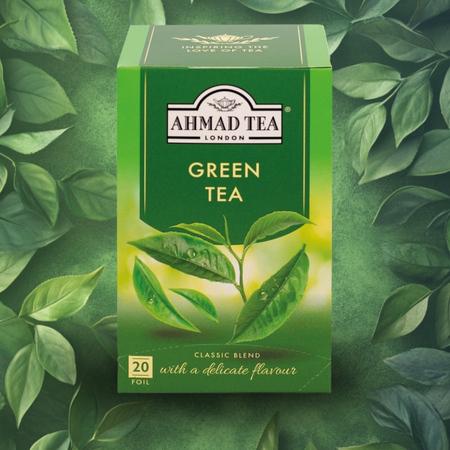
Established as a family enterprise in 1986, Ahmad Tea has grown into a beloved choice across more than 80 countries. Its green tea range caters to fans of both plain brews and those partial to a twist of flavor, such as mint or lemon.
There’s something comforting about a cup sourced from a brand with a long-standing legacy, especially when it’s enjoyed with biscuits on a rainy afternoon.
The consistency and quality they’ve maintained over time show why so many homes stock up on Ahmad Tea.
4. Numi Organic Tea (United States)

Numi Organic Tea places a strong emphasis on ethical and sustainable sourcing. Based in Oakland, California, the company values organic farming methods and fair-trade practices.
One signature choice is the Gunpowder Green Tea, a beloved option for those seeking a robust, slightly smoky profile. There’s something both rustic and refined about sipping a mug of tea with curled leaves that unfurl as the water works its magic.
And given Numi’s dedication to responsible sourcing, every sip feels like a small nod toward a healthier planet.
5. Teatulia Organic Teas (Bangladesh)
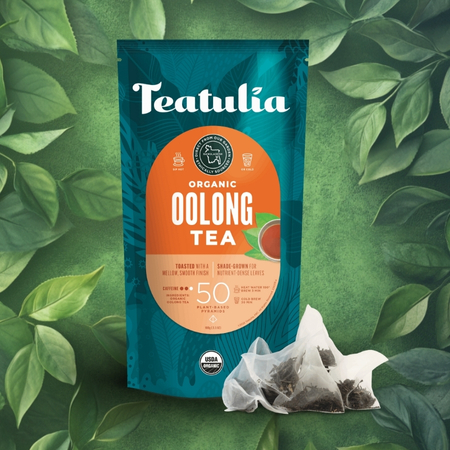
Grown in the Tetulia region of Bangladesh, Teatulia’s green tea calls to mind rolling hills and fertile land.
One reason the brand garners respect is its social initiatives, benefiting local communities through direct employment and educational programs.
There’s also the satisfying smoothness of their tea, reflecting the environment in which it’s grown. It’s one thing to taste a great cup and another to know that local farmers and ecosystems thrive from conscientious business practices.
6. Steaz (United States)
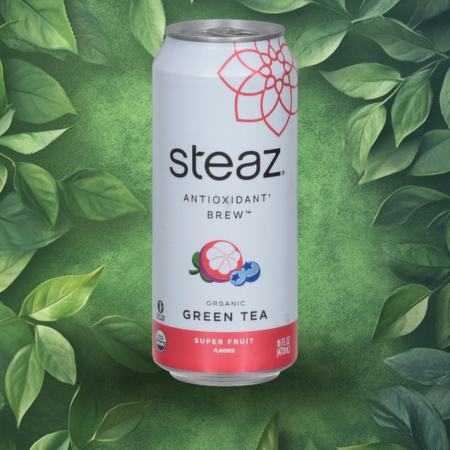
Steaz puts a modern twist on green tea, fusing flavors into ready-to-drink beverages. Their lineup includes iced teas and energy drinks, all leveraging fair-trade and organic foundations.
That blend of convenience, ethical sourcing, and creative taste variations appeals to anyone juggling work, family, and personal wellness.
If a sugary canned drink doesn’t cut it, a chilled Steaz might provide a refreshing alternative. The brand’s values and sense of innovation show up in every can, making it a go-to for those who fancy healthier sips on the go.
7. Mighty Leaf Tea (United States)
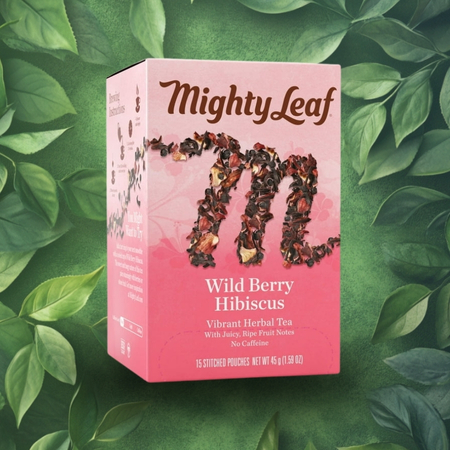
Mighty Leaf Tea puts great emphasis on whole leaf teas that deliver an immersive experience. Picture those roomy pouches where the leaves have enough space to unfurl, releasing aromatic notes that float gently from your mug.
Their green tea range includes Spring Jasmine, where blossoms and leaves mingle to yield a sweet, floral aroma. The entire brand feels artisan-inspired, so it’s well-suited to those who appreciate a refined yet approachable vibe in their daily cuppa.
8. Encha Ceremonial Grade Organic Matcha (Japan/United States)
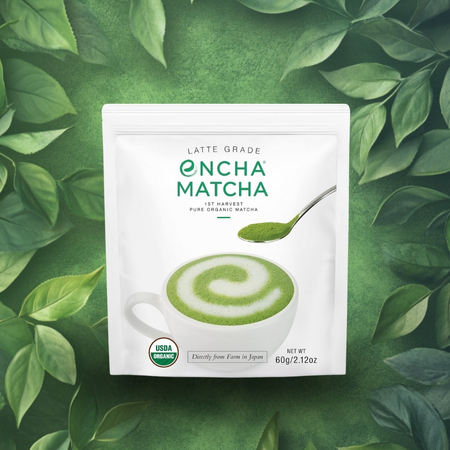
Encha sources ceremonial grade matcha from Uji, Japan, and that origin story alone speaks volumes. Uji is revered for producing top-tier tea, thanks to a climate that nurtures leaves with a deep, umami flavor.
A sip reveals a vibrant green color and a smooth consistency that lacks any awkward bitterness. It’s suitable for both formal tea ceremonies and more casual at-home matcha lattes.
Prepare it in the morning to start the day with a touch of mindful luxury.
9. Rishi Tea (United States)
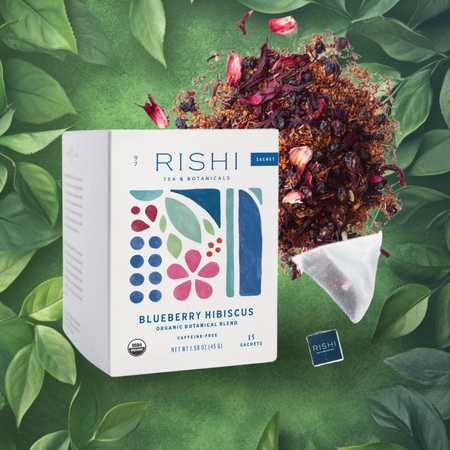
Rishi Tea focuses on sourcing from reputable tea-growing regions, offering an Everyday Matcha that hits the sweet spot between affordability and quality. Not everyone can indulge in premium, ceremonial blends on a regular basis.
That’s where an option like Rishi’s matches everyday needs—great for whisking into a latte or adding a tasty spin to homemade baked goods. It’s a step up from the bargain aisle but not so posh that it feels out of reach.
10. Kettl Tea (Japan/United States)
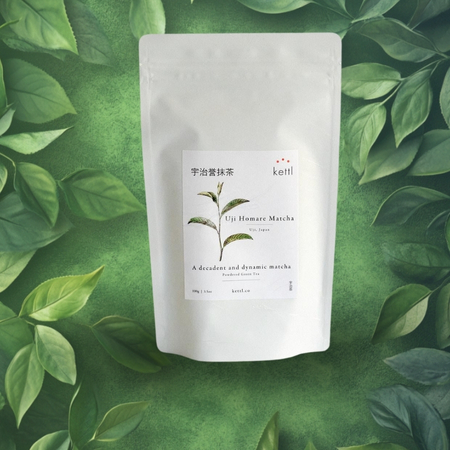
Kettl’s House Milled Uji Hikari Matcha holds a nearly mythical status among matcha devotees. Premium doesn’t even begin to describe it.
The color alone—a radiant, almost luminescent green—hints at a taste bud adventure. A sip seems to layer complex flavors, from grassy freshness to a faint sweetness that lingers.
Every part of its production, from the careful cultivation of the leaves to the stone milling process, underscores how tradition and passion can come together to create something truly exquisite.
11. Tsuen Tea (Japan)
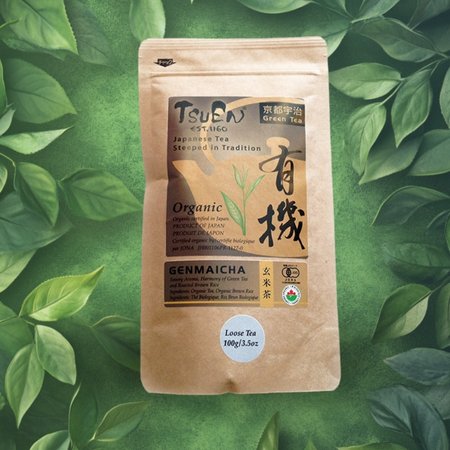
Dating back to 1160, Tsuen Tea is considered one of Japan’s oldest tea purveyors. That heritage glimmers through each cup, as if centuries of artistry are condensed into the leaves.
The brand’s green teas tend to embody refined flavors—clean, gentle, and reassuringly consistent.
Imagine entering a historical tea shop on the banks of the Uji River, selecting a bundle of leaves packaged with understated elegance. It evokes a sense of time travel, back to eras when tea was both a humble pleasure and a revered art.
12. Fukujuen (Japan)
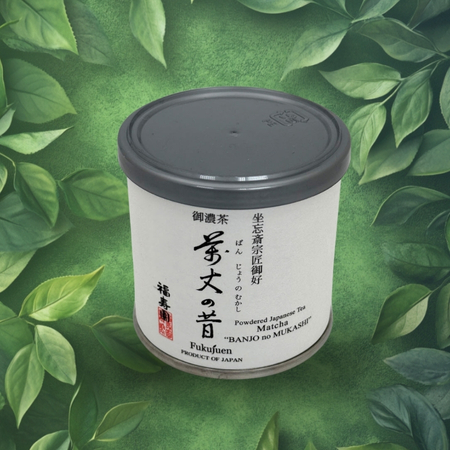
Founded in 1790, Fukujuen has anchored Kyoto’s tea scene for generations. From traditional green teas to innovative variations, it brings craftsmanship to life.
A core part of its identity lies in preserving ancient methods while embracing new techniques that keep tea culture vital in the modern age.
That balance between the old and the new makes Fukujuen a fascinating entity, especially for those who appreciate continuity in a rapidly changing world.
13. Chalait (United States)
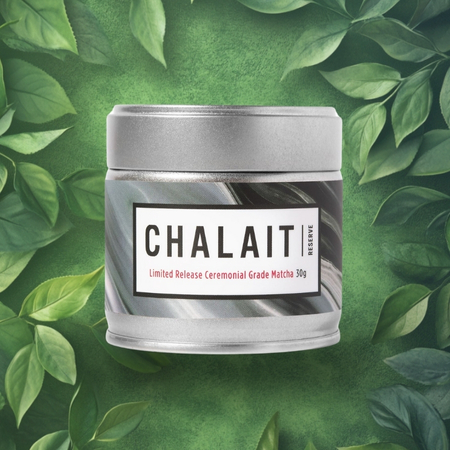
Chalait centers its offerings around matcha, showcasing a range that suits everything from mindful sipping to adventurous culinary projects.
The All-Purpose Organic Matcha, sourced from Japan, helps at-home chefs whip up vibrant pastries or bright green smoothies with minimal fuss.
And for folks longing for a daily cup, it presents a balanced flavor that doesn’t veer too earthy or too bitter. It’s that versatility that attracts a broad audience, from hardcore tea experts to those simply exploring a new hobby.
14. Jade Leaf Organic Ceremonial Matcha (Japan/United States)
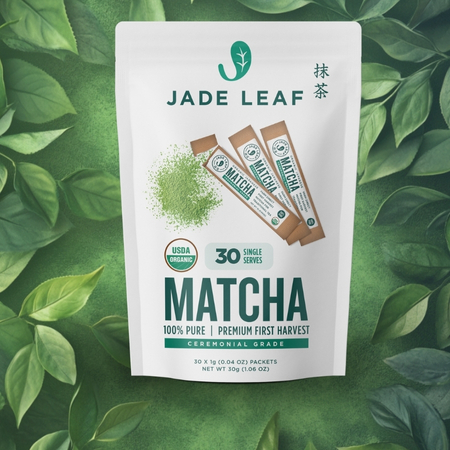
Jade Leaf has gained favor among enthusiasts due to organic certification and straightforward branding. The ceremonial grade option glows with a striking color, hinting at a finely milled powder.
As the whisk meets hot water, it transforms into a smooth concoction that can hold its own in both traditional tea ceremonies and contemporary matcha-infused recipes.
It’s often praised for not requiring sweeteners to mask any harsh notes, so it might be a welcoming gateway for those who are new to the matcha scene.
Practical Tips for Brewing and Enjoying
- Water Temperature: Green tea can turn bitter if steeped with boiling water. A typical range is around 160–180°F (70–80°C). Let the kettle cool for a moment after a full boil or use a thermometer to pinpoint an ideal range.
- Steeping Time: Many green teas benefit from a short infusion time, roughly 1–3 minutes. Too long, and flavors can become overwhelmingly strong.
- Experiment with Equipment: Some folks adore the ceremony of using a traditional kyusu (Japanese teapot), while others go with a simple infuser mug or a matcha bowl and whisk. Find a method that fits your daily routine and personal preference.
- Savor the Aroma: Slow down and take a moment to appreciate the scent wafting from the leaves. That first sip can be an immersive experience, especially with high-grade matcha or delicate loose-leaf teas.
- Be Playful: Matcha lattes, tea-based smoothies, or even green tea ice cream can be delightful ways to incorporate antioxidants into your diet. Creativity can spark fresh inspiration in any tea routine.
Summary
Green tea is an experience, a pause, a little ritual. The best part? There’s no one “right” way to enjoy it.
Some people love the grassy snap of sencha; others are all about the creamy depth of matcha or the crisp chill of an iced green tea on a sunny afternoon.
There’s a whole world of flavor out there—classic, modern, bold, subtle. You just have to find the one that fits your rhythm. So, what’s brewing in your cup today?



